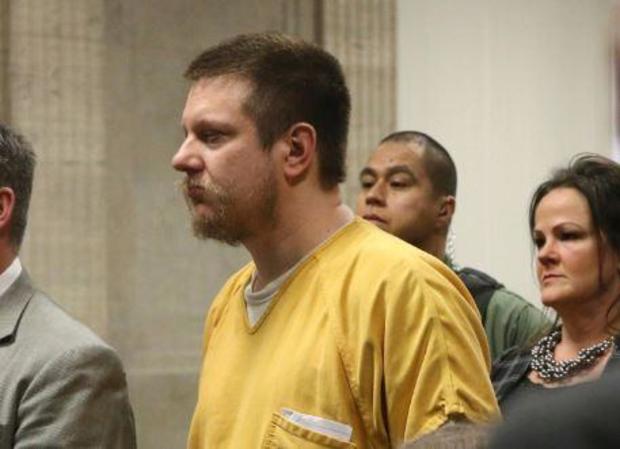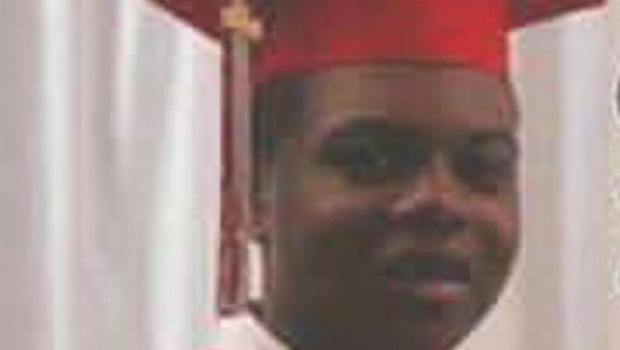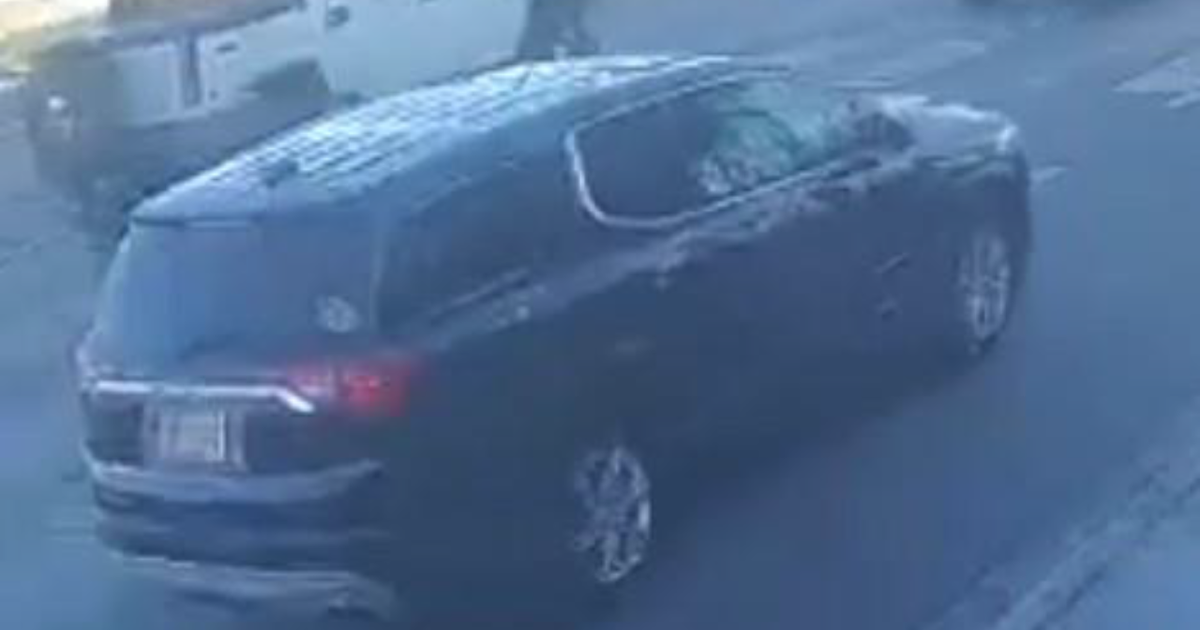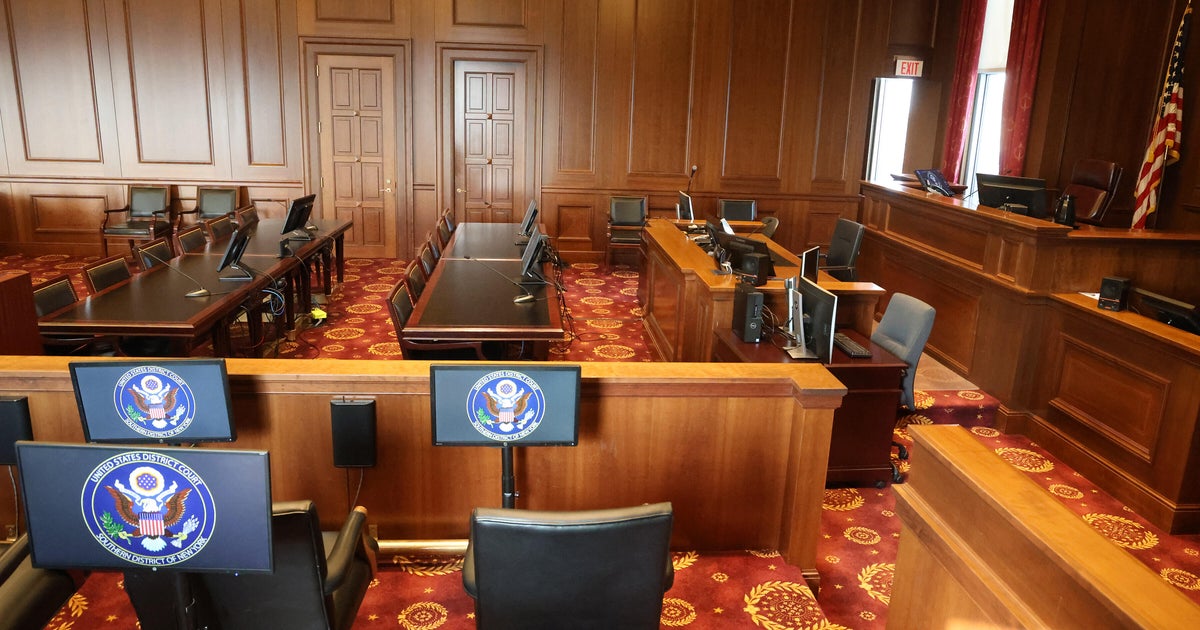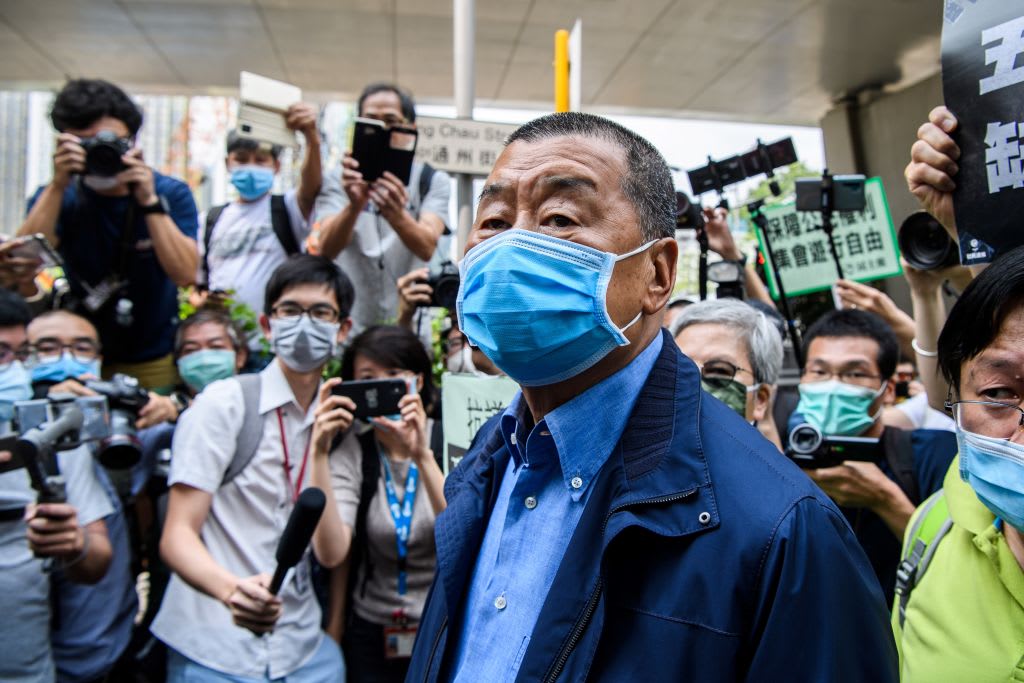Prosecutors make rare move in bid to lengthen sentence of Chicago officer who killed teen Laquan McDonald
Chicago -- Illinois' attorney general on Monday asked the state's highest court to review what prosecutors consider to be a too lenient sentence for the white Chicago police officer who fatally shot black teenager Laquan McDonald. Attorney General Kwame Raoul and the special prosecutor who won the conviction against Jason Van Dyke said they believe Judge Vincent Gaughan did not properly apply the law when he sentenced Van Dyke to six years and nine months in prison.
In a rare move, Raoul and Kane County State's Attorney Joseph McMahon filed a request with the Illinois Supreme Court seeking an order that would send the case back to Gaughan for a new sentence.
Absent a new sentence and with credit for good behavior, Van Dyke will likely serve only around three years for firing 16 bullets into McDonald in 2014. Dashcam video of the shooting released by the city in 2015 showed Van Dyke continued to fire as the 17-year-old crumpled to the street and lie on the ground. The sentence was the first imposed on a Chicago police officer for an on-duty shooting in a half century.
Monday's move is the latest chapter in an ongoing saga that has included massive demonstrations, the firing of the police superintendent by the mayor and the ouster of the county's top prosecutors by voters a few months later, the judge's ruling to sentence Van Dyke to less than seven years in prison was met with anger and disappointment by activists and McDonald's family.
Raoul reacted quickly. In one of his first moves after taking office in January, he announced he would review the sentence Gaughan had handed down just days earlier.
Raoul bristled when asked Monday whether politics played a role in his decision, as was suggested by one of Van Dyke's attorneys when Raoul announced he was evaluating the case.
"This is not a political question," he said. "This is a question of law."
Van Dyke was convicted last year of second-degree murder and 16 counts of aggravated battery with a firearm. A central issue is an Illinois law that allows a judge to sentence a person for only the most serious crime when he is convicted of multiple crimes for what amounts to a single act. Gaughan determined that second-degree murder was the more serious crime, even though it carries a lighter sentence than aggravated battery - between four and 20 years in prison versus six to 30 years in prison.
At his sentencing hearing last month, Van Dyke's defense asked the judge to sentence Van Dyke on the second-degree murder conviction alone, while prosecutors argued he should be sentenced on the aggravated battery counts. The minimum for those convictions can be as high as 96 years, but prosecutors asked a judge for 18 to 20 years.
Gaughan, in issuing his sentence, ruled in favor of the defense to sentence Van Dyke on the second-degree murder conviction. Many legal experts say Gaughan was wrong and have pointed to a 2004 Illinois Supreme Court ruling in which a majority of justices concluded that aggravated battery is the more serious charge because it has a higher sentence.
In filing their request Monday, Raoul and McMahon asked the state supreme court to vacate Van Dyke's conviction for second-degree murder and impose a sentence on each of the 16 aggravated battery counts, according to a press release from the attorney general's office. They asked the court to determine which of the aggravated battery convictions constituted "severe bodily injury," which would warrant consecutive sentences.
"It is important that a police officer was held accountable for criminal conduct," McMahon said in a statement. "But we argued at the sentencing hearing that Jason Van Dyke should be sentenced for the aggravated battery with a firearm convictions. The ability for the prosecution to challenge a sentence is very narrow, but this might be one of those situations."
The court has no timeframe to rule on whether it will consider the petition, according to the attorney general's office. Van Dyke would then have the ability to file an objection.
Van Dyke's attorneys did not immediately respond to requests for comment Monday but planned to hold a media availability later in the day.
